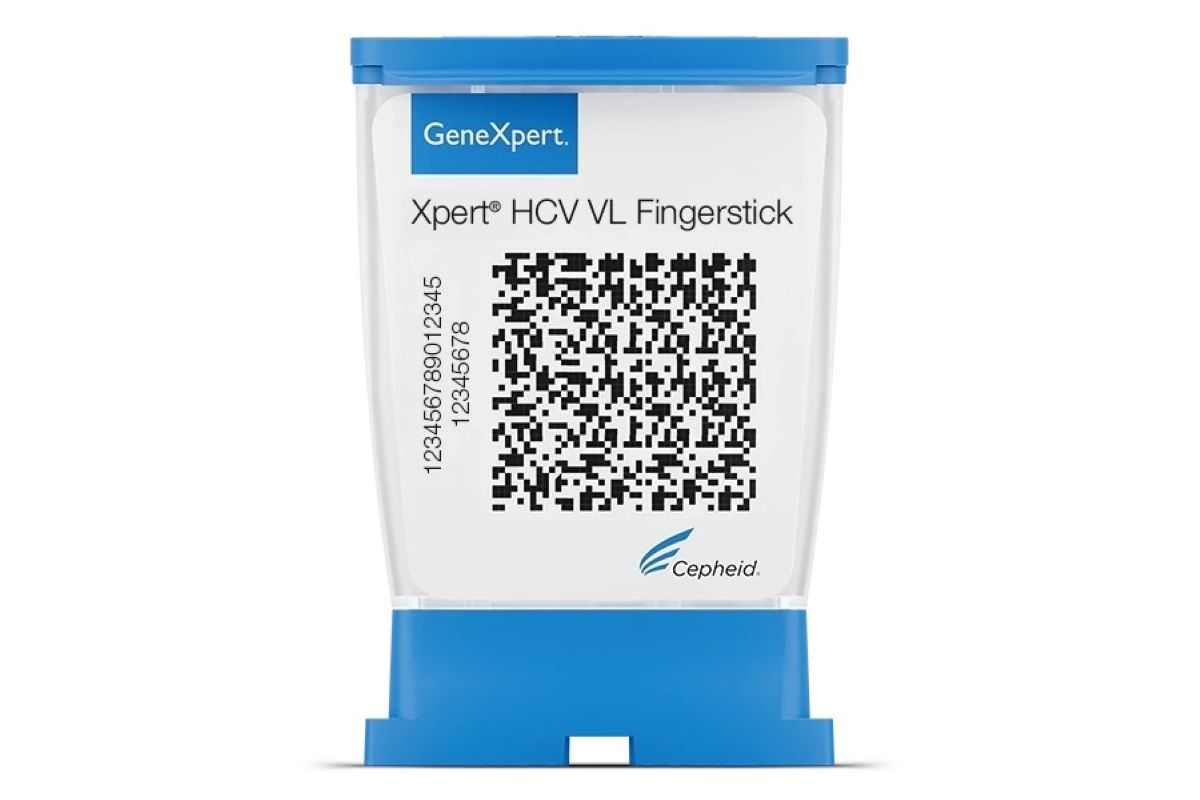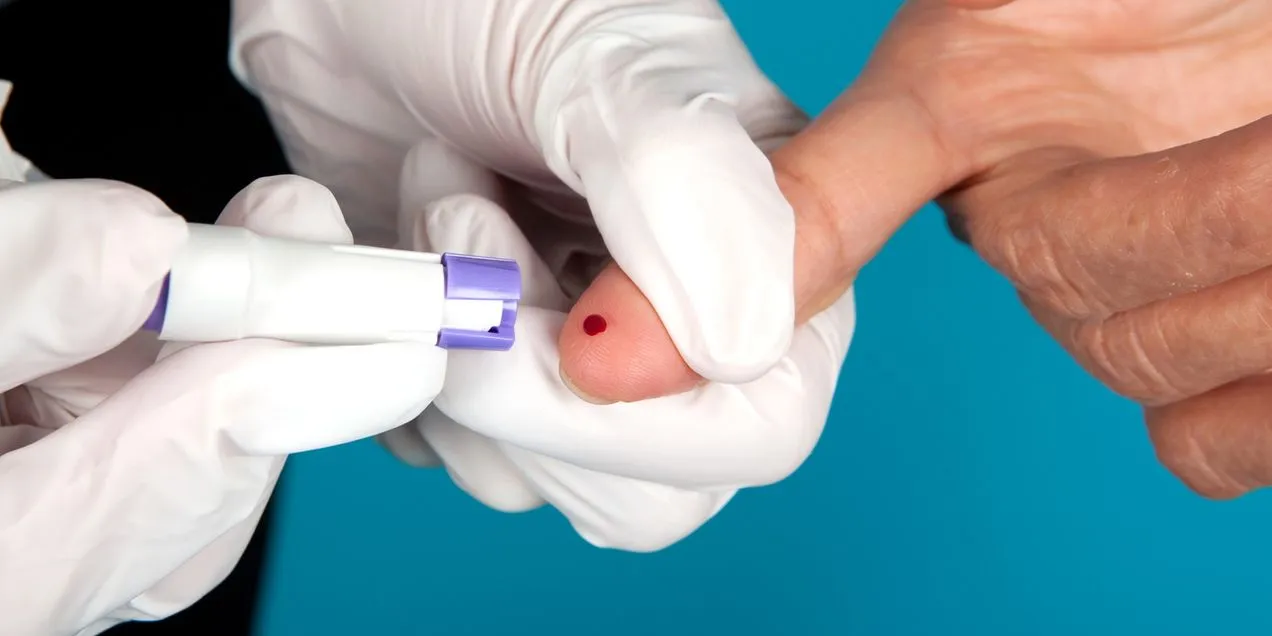The FDA has granted marketing authorization for Cepheid’s Xpert HCV test and GeneXpert Xpress System, marking the introduction of the first rapid test for hepatitis C virus (HCV) intended for point-of-care use.
According to the FDA, this test detects HCV RNA from a fingertip blood sample and provides results within one hour.
The authorization facilitates a “test-and-treat approach,” where individuals at risk of HCV can be tested and, if found positive, connected to appropriate care and potentially receive treatment during the same healthcare visit.
“Equipping health care providers with tools to diagnose and treat patients in the same visit can result in hundreds of thousands more hepatitis C patients being diagnosed and treated, preventing individual disease progression and additional spread of the virus,” said Jeff Shuren, MD, JD, in a press release.
Jeff Shuren, MD, JD, director of the FDA’s Center for Devices and Radiological Health, also emphasized, “Despite the existence of a safe and highly effective oral cure for hepatitis C, many people do not know they have the disease due partly to the lack of availability of convenient, widespread testing options.
Equipping health care providers with tools to diagnose and treat patients in the same visit can result in hundreds of thousands more hepatitis C patients being diagnosed and treated, preventing individual disease progression and additional spread of the virus.”
Previously, testing for HCV involved a multistep process requiring follow-up appointments for results and further testing, often resulting in patients not receiving a diagnosis or appropriate treatment, according to the FDA.

The “rapid, point-of-care test” can be conducted in facilities with a Clinical Laboratory Amendments Certificate of Waiver, such as certain substance use disorder treatment centers, correctional facilities, syringe service programs, doctor’s offices, emergency departments, and urgent care clinics.
However, the test is not intended for monitoring patients undergoing treatment or for screening blood, plasma, or tissue donors.
Potential risks associated with the test include the chance of false positive and false negative results, which could lead to “inappropriate diagnosis of, and unnecessary treatment” for HCV or a “delay in effective treatment.”
The Xpert HCV test and GeneXpert Xpress System were reviewed through the FDA’s de novo premarket review pathway.
alidation data were collected in collaboration with the FDA through the Independent Test Assessment Program (ITAP), part of the NIH Rapid Acceleration of Diagnostics (RADx) Tech program launched in 2021.
This program aims to accelerate test evaluation to support the FDA’s regulatory review and the availability of high-quality, accurate, and reliable diagnostic tests to the public.
“Today’s announcement by the FDA of marketing authorization for a rapid diagnostic to detect hepatitis C RNA is an example of the power of the RADx Tech model to deliver a much-needed test to millions of people in record time,” said Bruce J. Tromberg, PhD, director of the National Institute of Biomedical Imaging and Bioengineering.
“Although our ITAP partnership with the FDA was originally designed to accelerate regulatory authorization of reliable home and point-of-care tests for COVID-19, we’ve successfully expanded the program across HHS to include tests for hepatitis C and several other innovative diagnostics.”
